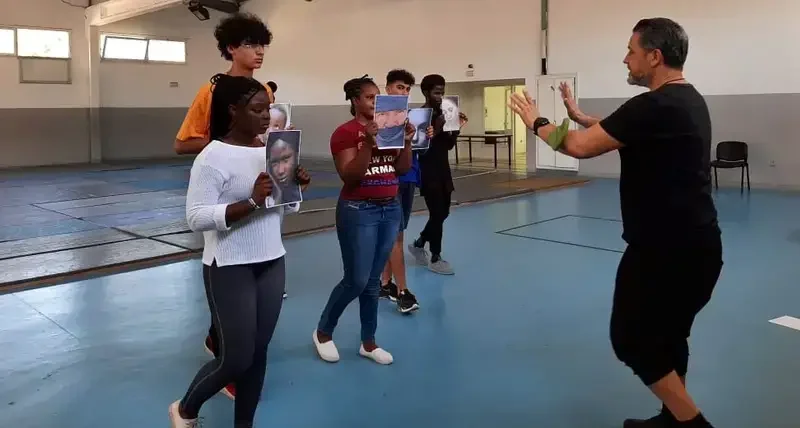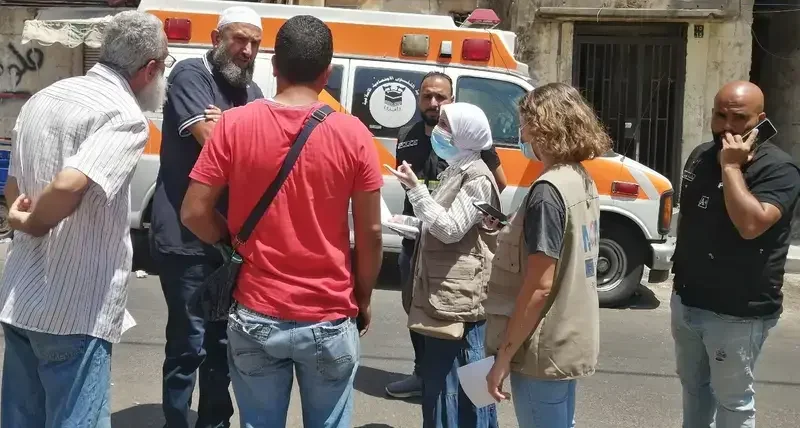Overview
National governments are traditionally seen as the authority on immigration policy and asylum, however, cities are becoming increasingly important in the integration of migrants. They are the de facto managers of migration as the government level closest to citizens, are impacted the most from migration issues such as social cohesion and providing access to basic services and are therefore the best equipped to identify the needs and challenges on the ground and implement strategies that reflect these needs.
The Mediterranean City-to-City Migration Project (MC2CM) brings together cities and experts on migration issues, human rights, and sustainable urban development in order to improve migration governance at the city level. By increasing the knowledge base on urban migration, MC2CM nurtures peer-to-peer dialogues and actions to support mutual learning on specific urban challenges such as social cohesion, intercultural dialogue, employment, housing rights and provision of basic services for migrants, among others. MC2CM has brought migration to the forefront of respective cities that, until recently, had limited experience in local governance of migration.

